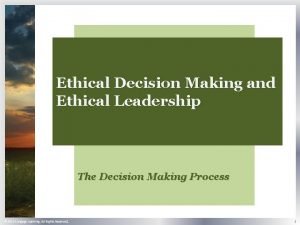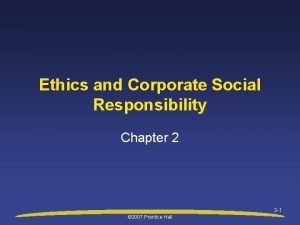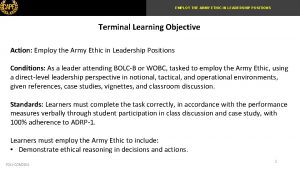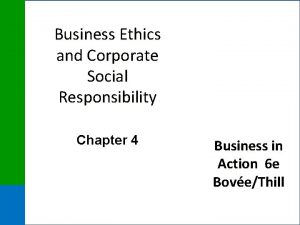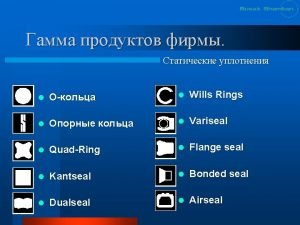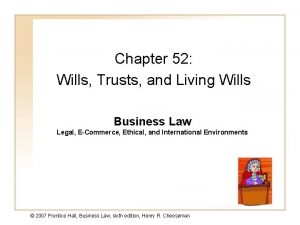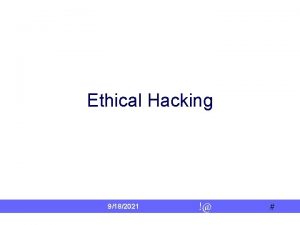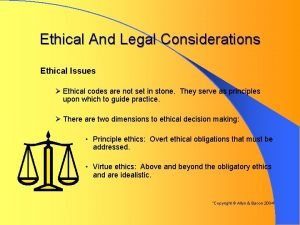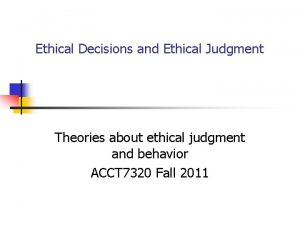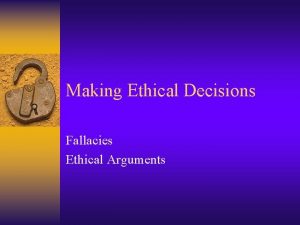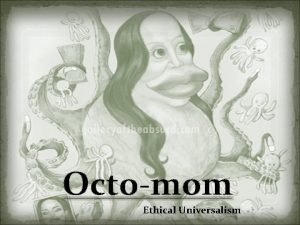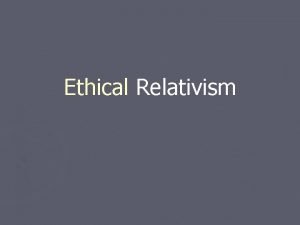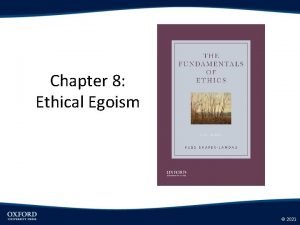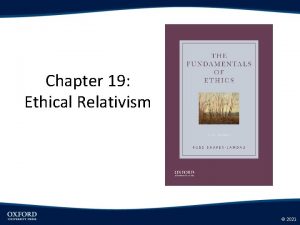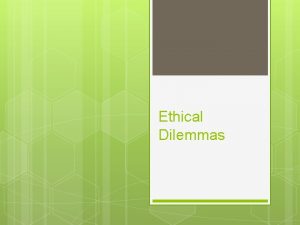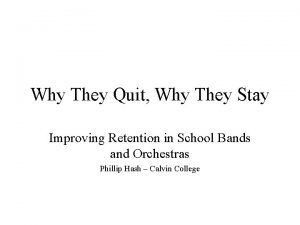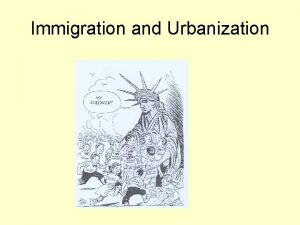Ethical Wills What They Are and Why You







![Moses’ Blessing Deuteronomy דברים 33 46 he [Moses] said unto them: ‘Set your heart Moses’ Blessing Deuteronomy דברים 33 46 he [Moses] said unto them: ‘Set your heart](https://slidetodoc.com/presentation_image/36038d27b59ae3d635f205c67265b657/image-8.jpg)










- Slides: 18

Ethical Wills What They Are and Why You Should Consider Writing One Edward Queen, Ph. D. , J. D. READY OR NOT: JEWISH PERSPECTIVES ON END OF LIFE ISSUES

Ethical Wills • • • Introduction Definition History and role in Jewish Tradition Purposes Conversation with Ms. Natalie Kaiman on Writing an Ethical Will • Next Steps

Introduction Death and Dying in Judaism • Ritual and Process – Serve both deceased and survivors • Respect • Recognition • Solace • Support • Reflection • Reconciliation • Integration

Qoheleth/Kohelet 7: 1 2 1. A good name is better than precious oil; And the day of death than the day of one’s birth. 2. It is better to go to the house of mourning, Than to go to the house of feasting; For that is the end of all men, And the living will lay it to his heart.

Definition • Hebrew צוואות Zaavot pl. / צוואוה Zaavah sing. • Ethical document, typically written in the form of a letter, designed to pass certain values, from writer to her or his survivors. It expresses the writer’s expectations and hopes about the way the recipient should structure/live her or his life, based on the wisdom and experiences of the writer.

Aaron ben Abraham (1819) Every father is bound to leave an exhortation for his children, to instruct them in the fear of God, and in the manner of his worship. Even if a man were himself quite perfect, he has not done all his duty by perfecting himself; for, unless he strongly feels the impulse to perfect others, he cannot be himself perfect, inasmuch as he has overlooked the command, “Thou shalt love thy neighbour as thyself. ” Nor can he have walked in the ways of God, whose attribute of goodness makes others good. If this be so with regard to those who are not related to a man, much more does it apply to the case of his own sons and daughters who are a part of himself, for in setting them right he is setting himself right.

History • Ethical wills can be compared to the blessings bestowed by patriarchs and Moshe rabbenu’s final words to the Israelites. – Jacob Genesis/ בראשית 49: 1 -33 • 28 All these are the twelve tribes of Israel, and this is it that their father spoke unto them and blessed them; every one according to his blessing he blessed them. 29 And he charged them, and said unto them: 'I am to be gathered unto my people; bury me with my fathers in the cave that is in the field of Ephron the Hittite, . . . 33 And when Jacob made an end of charging his sons, he gathered up his feet into the bed, and expired, and was gathered unto his people
![Moses Blessing Deuteronomy דברים 33 46 he Moses said unto them Set your heart Moses’ Blessing Deuteronomy דברים 33 46 he [Moses] said unto them: ‘Set your heart](https://slidetodoc.com/presentation_image/36038d27b59ae3d635f205c67265b657/image-8.jpg)
Moses’ Blessing Deuteronomy דברים 33 46 he [Moses] said unto them: ‘Set your heart unto all the words wherewith I testify against you this day; that ye may charge your children therewith to observe to do all the words of this law. ’

Death Bed Teachings • Talmud • Zohar

Earliest Extant Example Eleazar ben Isaac of Worms (Eleazar the Great) (c. 1050) German talmudic scholar. Headed the yeshivah of Mainz, which numbered among its pupils Rashi’s teacher Isaac b. Judah. Most well known for his Orḥot Ḥayyim also known as Ẓavva'at R. Eli'ezer ha-Gadol. The selichah Elohai Basser recited in the Yom Kippur Katan and bears the acrostice Eliezer is attributed to him.

Judah ibn Tibbon, Provence Judah ben Saul ibn Tibbon born in Granada in 1120 left around 1150 due to the Almohad persecutions. Settles in Lunel. Dies sometime after 1190. Best known for his translations from Arabic to Hebrew of major Jewish texts including: • Bahya ibn Paquda’s Al-Hidayah ila Fara'id al-Qulub in Hebrew known as Chovot ha-Levavot. (Duties of the Heart) • Solomon ibn Gabirol's Tikkun Middot ha-Nefesh (The Improvement of the Moral Qualities) • Judah ha Levi's Kitab al-Ḥujjah, under the title Sefer ha-Kuzari. • Saadia Gaon’s Kitab al-Amanat wal-I'tiḳadat, in Hebrew Sefer ha-Emunot v’ha-De’ot. (English, Book of Beliefs and Opinions. ) Letter written to his son Samuel ben Judah ibn Tibbon (c. 1150 c. 1230) Best known as translator of Maimonides’ Judeao Arabic and Arabic works into Hebrew, including Guide for the Perplexed.

Eleazar of Mainz c. 1357 • Eleazar ben Samuel Ha Levi d. Rosh Hashanah 1357 • Native of Mayence [Mainz]. • Not a scholar or rabbi. • Just a simple Jew who wished to pass on to his children certain values.

What Can We Learn from These • Tone • Consideration of what we value and should perhaps value. Can we distinguish the ephemeral from the lasting? • Balance between generic exhortation and enjoining a particular act? • Doing of an act and manner of the act • Use of writer’s behaviors to highlight a value or set of values. Examples. • Funerary processes

Conversation with Ms. Natalie Kaiman

Writing Your Own Ethical Will An ethical will is not an easy thing to write. In doing so, one confronts oneself. One must look inward to see what are the essential truths one has learned in a lifetime, face up to one's failures, and consider what are things that really count. Thus an individual learns a great deal about himself or herself when writing an ethical will. Rabbi Jack Riemer, in Jack Riemer and Nathaniel Stampfer. Ethical Wills: A Modern Jewish Treasury. New York: Schocken Books, 1983.

Things to Consider • • The time is now for writing it. Don’t be afraid. It is your legacy, make it your voice and your thoughts. Be honest about yourself. You matter. Reflect carefully on tone, temper, and words. Brevity is not a vice. Timing of delivery – Receiving an ethical will can be distressing. • Consider your ethical will as part of the overall preparation for your death. – Will – Advanced directives – Funeral arrangements

Possible Starting Point • What is distinctive about your life story? – What are special family rituals, stories, traditions you want to have continued? – What historical events did you live through that deeply affected your life? • What values or meanings do you think need to be imparted? – Can come both from your perceived successes or failures • Describe your relationship to Judaism, Israel, religious practices, the Jewish People, God and how you want others to connect with them. • State things for which you have been most grateful • Ask forgiveness/make amends • Offer forgiveness • Tell the story and meaning of keepsakes you are passing down. • Explain major life choices. • Identify practices, activities, etc. you hope they will continue or undertake. • Express your hopes, dreams, and love for survivors. Give permissions • Specific funerary wishes.

Thank you
 Insidan region jh
Insidan region jh Pictures
Pictures Ethical habits
Ethical habits Why do you cry willie why do you cry
Why do you cry willie why do you cry Perbedaan ethical dilemma dan ethical lapse
Perbedaan ethical dilemma dan ethical lapse Ethical reasoning model army
Ethical reasoning model army Csr and business ethics
Csr and business ethics I have chosen you and not rejected you
I have chosen you and not rejected you Dont ask why why why
Dont ask why why why Will's mother stranger things
Will's mother stranger things Senior wills
Senior wills Who is this
Who is this Martin wills warwick
Martin wills warwick Holmes translation studies
Holmes translation studies Julie wills murder
Julie wills murder Wills rings
Wills rings Mike santer
Mike santer Luke ravenscroft
Luke ravenscroft Theresa wills templates
Theresa wills templates


